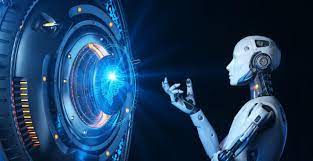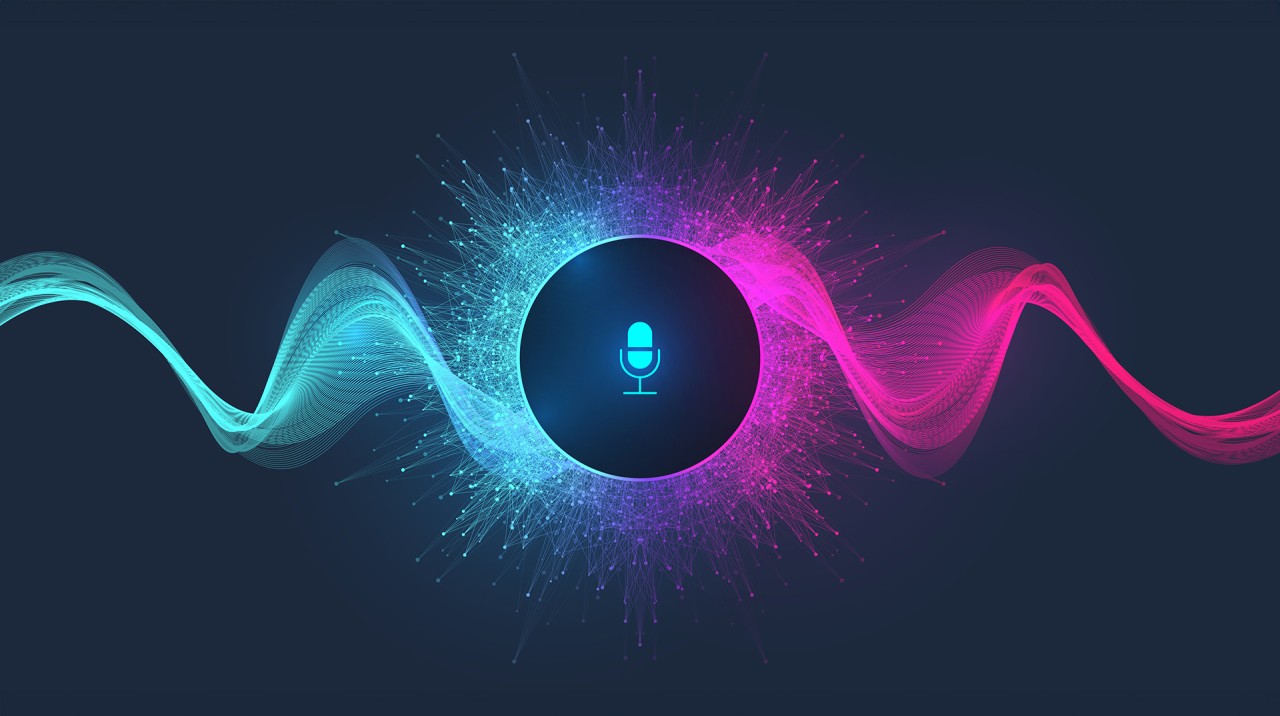Artificial Intelligence (AI) has evolved from being a concept in science fiction to a transformative force that is reshaping industries and our daily lives. In this article, we will explore the current applications of AI, its impact on various sectors, evolving technologies, ethical considerations, challenges, and the exciting possibilities that lie ahead.
Definition of AI
AI refers to the development of computer systems that can perform tasks that typically require human intelligence. These tasks include learning, reasoning, problem-solving, perception, and language understanding.
Brief history of AI development
The journey of AI dates back to ancient times, but significant advancements have been made in the 20th and 21st centuries. From rule-based systems to machine learning, AI has come a long way.
Healthcare
AI is revolutionizing healthcare with applications like diagnostic tools, personalized medicine, and predictive analytics.
Finance
In the financial sector, AI is employed for fraud detection, algorithmic trading, and customer service.
Education
AI enhances education through adaptive learning platforms, intelligent tutoring systems, and automated grading.
Automation
Businesses are adopting AI for process automation, streamlining operations, and increasing efficiency.
Enhanced decision-making
AI provides valuable insights through data analysis, aiding businesses in making informed decisions.
Machine learning
Machine learning enables AI systems to learn from data and improve their performance over time.
Natural language processing
This technology allows computers to understand and generate human language, leading to advancements in chatbots and language translation.
Robotics
AI-driven robotics are becoming increasingly sophisticated, impacting industries such as manufacturing, healthcare, and logistics.
Job displacement
AI’s automation capabilities may lead to job displacement in certain industries, raising concerns about unemployment.
New job opportunities
Simultaneously, AI creates new job opportunities in fields such as data science, AI development, and AI ethics.
Virtual assistants
AI-driven virtual assistants like Siri and Alexa have become integral parts of everyday life, providing information and performing tasks.
Bias in algorithms
The use of biased data in AI algorithms can result in discriminatory outcomes, prompting a need for ethical guidelines.
Privacy concerns
The collection and use of personal data by AI systems raise privacy concerns, requiring careful regulation.
Security risks
As AI becomes more sophisticated, the risk of cyberattacks and security breaches increases.
Lack of regulations
The absence of comprehensive regulations poses challenges in ensuring responsible AI development and usage.
AI advancements
Ongoing research and development promise even more advanced AI capabilities, with potential breakthroughs in areas like quantum computing.
Potential breakthroughs
AI may contribute to solving complex global challenges, such as climate change and disease outbreaks.
Policy and regulation
Governments play a crucial role in developing policies and regulations to ensure the responsible use of AI technologies.
International collaboration
Global cooperation is essential to address the cross-border implications of AI and establish ethical standards.
Gaming
AI enhances gaming experiences through realistic simulations, intelligent opponents, and personalized gameplay.
Film and TV production
AI is utilized in content creation, from script analysis to special effects, revolutionizing the entertainment industry.
Promoting AI literacy
Efforts should be made to educate the public about AI, fostering understanding and awareness.
Addressing misconceptions
Dispelling myths and addressing fears associated with AI can contribute to a more informed and receptive society.
Customized experiences
AI-driven personalization tailors products, services, and content to individual preferences, enhancing user satisfaction.
Targeted marketing
Marketers leverage AI to analyze data and deliver targeted campaigns, optimizing advertising effectiveness.
Augmented intelligence
The collaboration between humans and AI, known as augmented intelligence, capitalizes on the strengths of both, leading to enhanced outcomes.
Coexistence with AI
Ensuring a harmonious coexistence between humans and AI involves ethical considerations, regulatory frameworks, and ongoing dialogue.
Conclusion
In conclusion, the future of AI holds immense potential to transform industries and lives. While challenges and ethical considerations must be addressed, the possibilities for innovation and positive impact are vast. It is crucial for governments, businesses, and individuals to work together to shape a future where AI contributes to a better and more sustainable world.



